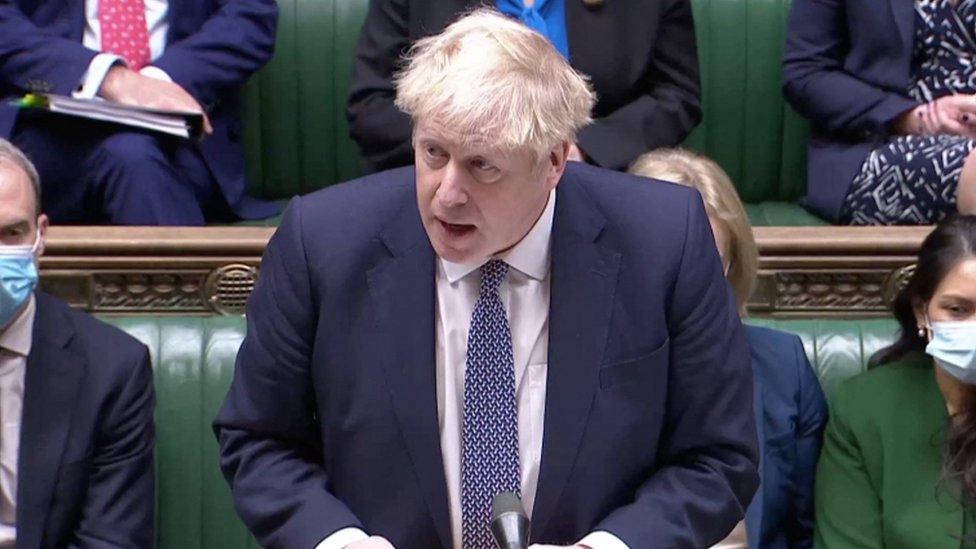Police to investigate Downing Street lockdown parties
- Published
- comments
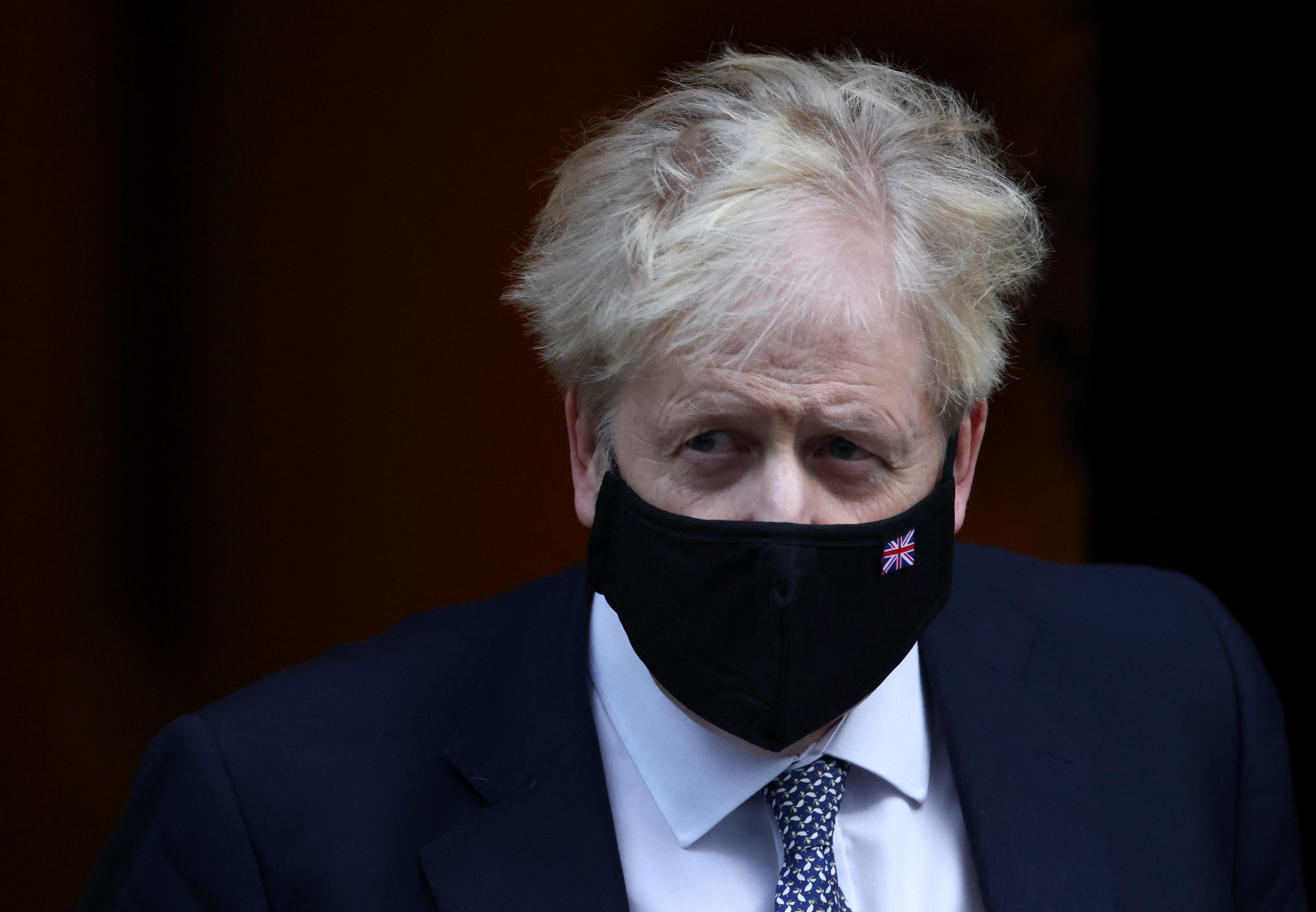
Boris Johnson has been under a lot of pressure after the claims of illegal gatherings in his home and place of work - 10 Downing Street
The Metropolitan Police have decided to investigate parties held in Downing Street during the coronavirus pandemic.
The head of the Met Police, Commissioner Cressida Dick, said the force was looking into "potential breaches of Covid-19 regulations" in Number 10 - where the prime minister lives and works - and across other government departments over the past two years.
The Metropolitan Police is the name for the police force that looks after crime and law enforcement in Greater London.
It comes a day after ITV News reported that up to 30 people came together indoors during the first Covid lockdown to celebrate Mr Johnson's birthday on 19 June 2020.
Downing Street has admitted that staff had "gathered briefly" to "wish the prime minister a happy birthday", adding that he had been there "for less than 10 minutes" but also that Boris Johnson does not believe he has broken any laws
Why has the Met Police launched an investigation?
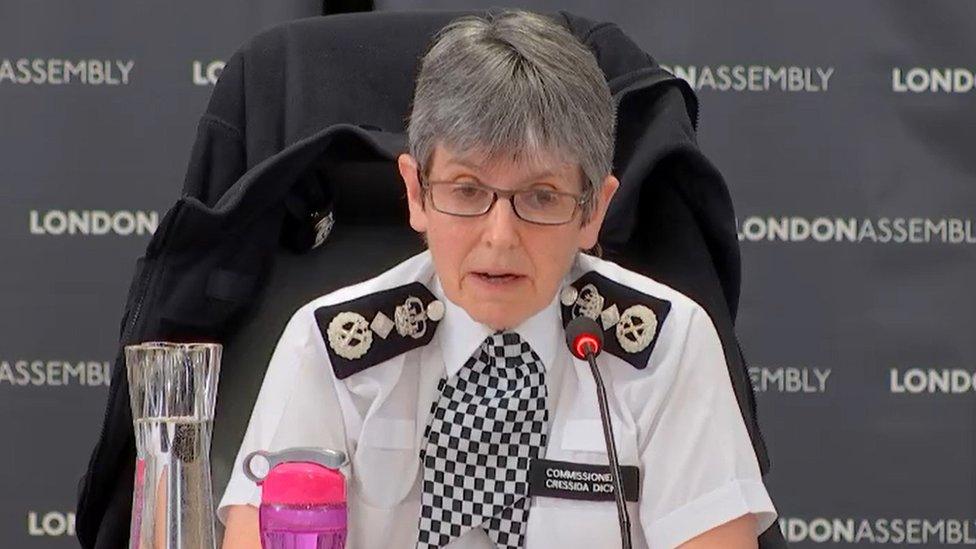
Metropolitan Police Commissioner Dame Cressida Dick
Dame Cressida made the announcement about the police investigation on Tuesday.
She said she understood the "deep public concern" about the reports of parties inside Downing Street, along with the "huge sacrifices" the public had made during the pandemic.
The Met Commissioner also said the police investigation was launched as a "result of the information provided by the Cabinet Office inquiry team".
That Cabinet Office investigation is being carried out by a woman called Sue Gray. She is a senior civil servant - which means she works for the government but is not an elected MP.
The Metropolitan Police - also known as 'The Met' - is the biggest police force in the UK and it investigates crime in London.
Its current leader - officially known as the Commissioner - is Dame Cressida Dick and she's the first ever woman to hold that position.
Ms Gray will speak to a number of people, look at official documents and decide whether the reported parties were breaking rules or not.
Although Ms Gray has no power to give out punishments to anyone if she decides rules were broken, what she says will be important for the future of the Prime Minister.
What do we know about the police investigation?
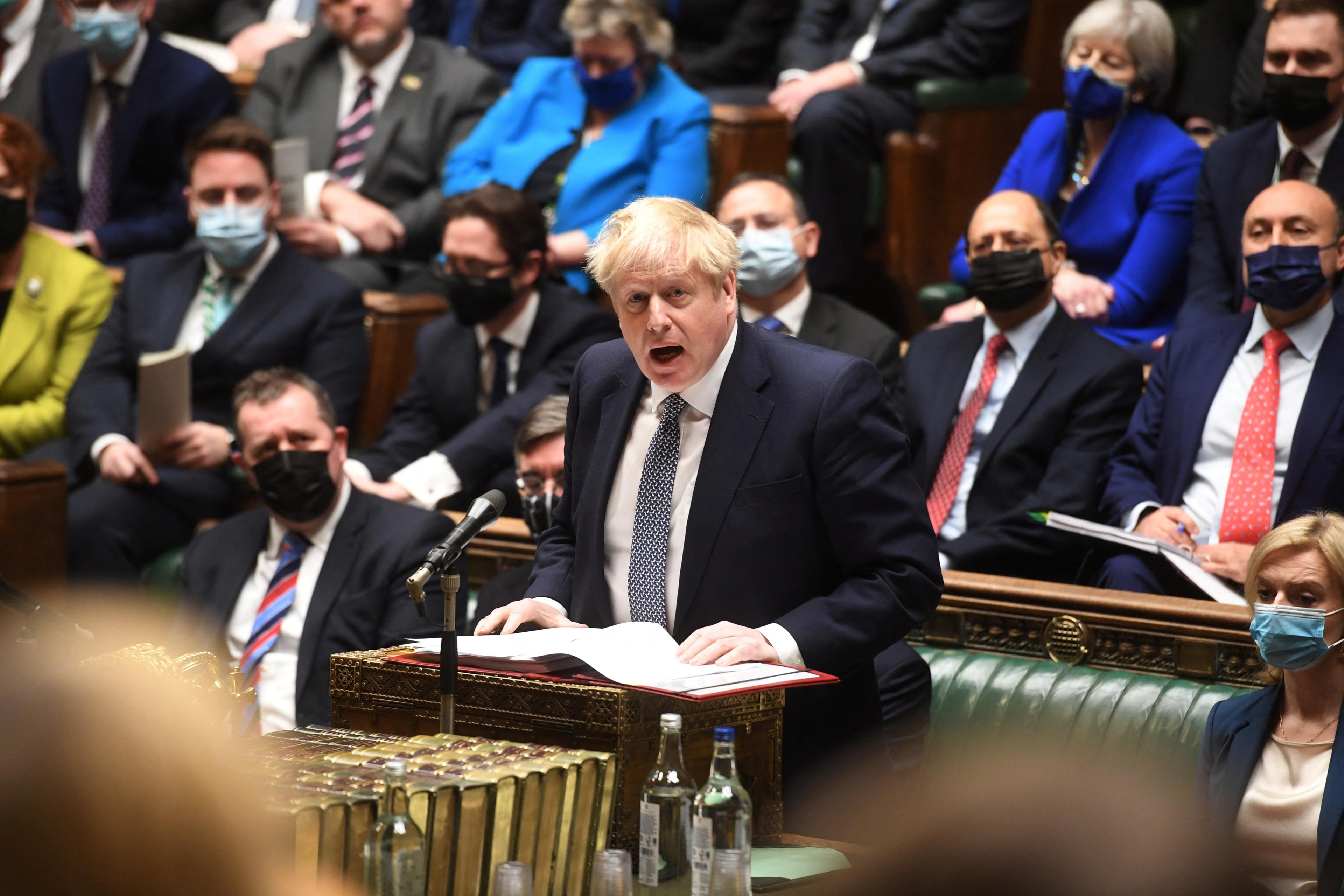
Boris Johnson offered a "heartfelt apology" earlier this month for attending a garden party in May 2020 but said he believed it was a work event
"This is a big development in this story, but we are talking about the potential issuing of fixed penalty notices - fines - not about big criminal trials or people going to prison" explains BBC political correspondent Adam Fleming.
"There are also lots of things we don't know about this police investigation. We don't know how many of these high-profile parties are now being investigated and crucially we don't know if they were parties attended by the prime minister.
"We also don't know if the prime minister is in the frame for being interviewed by the police.
"So, lots of unanswered questions, but it means this row is going to rumble on," he added.
How have people responded?
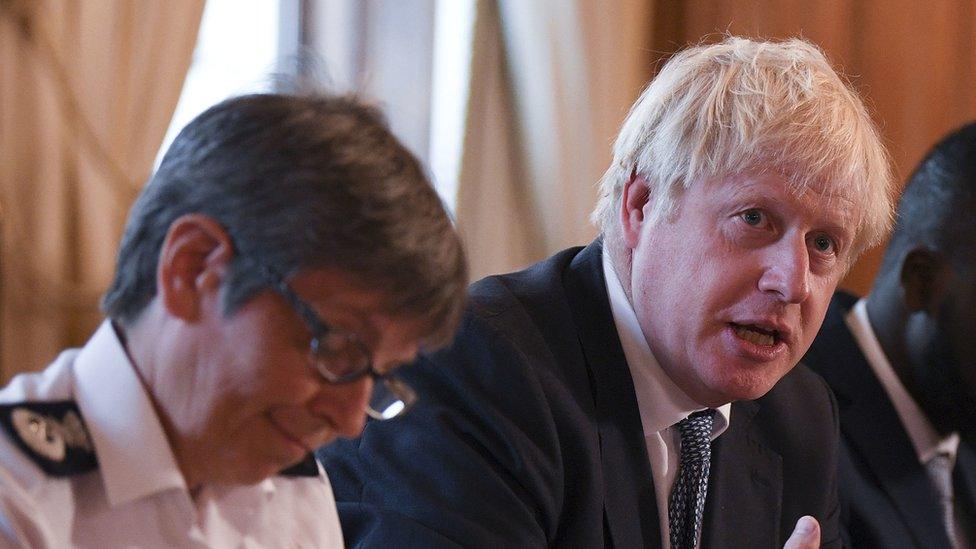
Met Police Commissioner Cressida Dick - pictured here with Boris Johnson in 2019 - confirmed the force would look into "potential breaches of Covid-19 regulations".
Speaking in Parliament, Mr Johnson said he "welcomes" the police's decision to conduct an inquiry, saying it will "help to give the public the clarity it needs and will draw a line under matters".
London Mayor Sadiq Khan welcomed the investigation, saying: "The public rightly expect the police to uphold the law without fear or favour, no matter who that involves, and I have been clear that members of the public must be able to expect the highest standards from everyone, including the prime minister and those around him.
"No one is above the law. There cannot be one rule for the government and another for everyone else."
Labour's deputy leader Angela Rayner has renewed calls for Boris Johnson to resign in light of the inquiry, calling him a "national distraction".
But Leader of the Commons Jacob Rees-Mogg told reporters the PM's leadership had been "brilliant", and the government had done "an amazing job" throughout the pandemic.
- Published15 January 2022
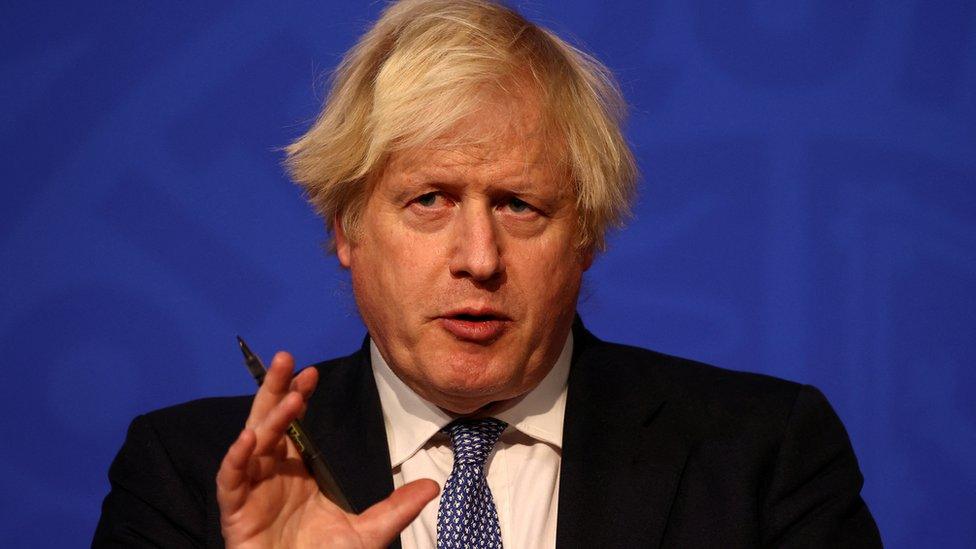
- Published14 January 2022
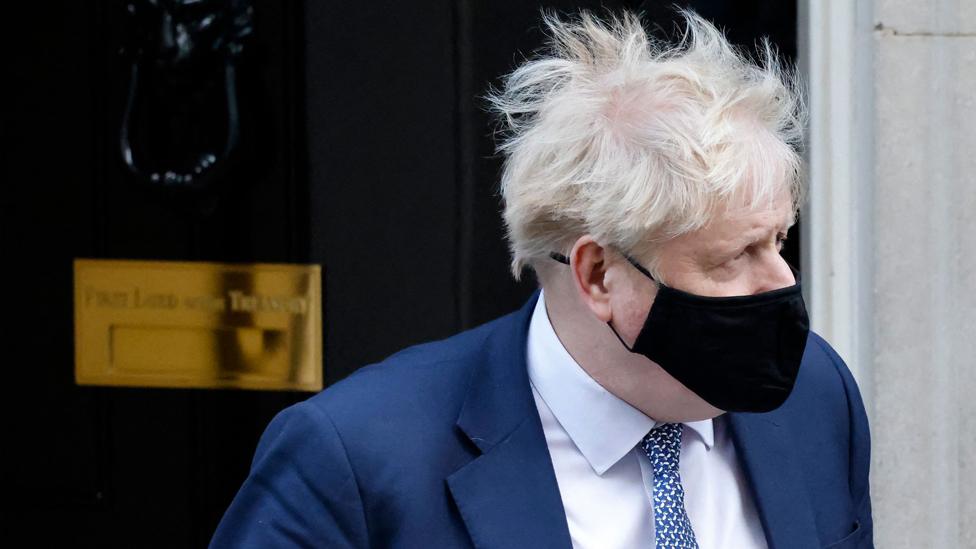
- Published13 January 2022
